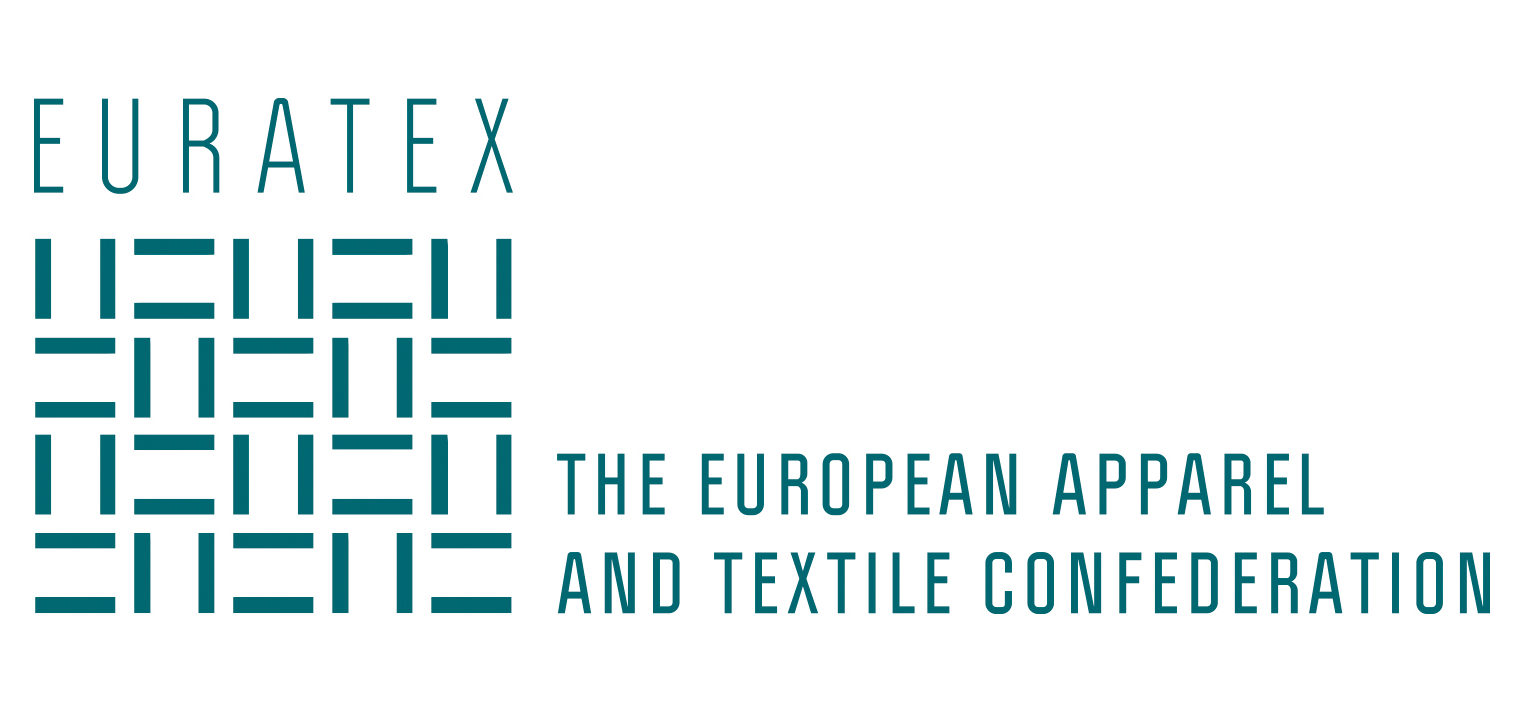EURATEX pursues the smooth exchange of information along the global textile and apparel value chain and, in cooperation with its Members, engages in strategic actions which can coordinate and accelerate the uptake of suitable traceability solutions to address societal and business needs of today and of tomorrow.
What is Traceability? In the context of its work, EURATEX refers to traceability as both “the ability to trace the history, application or location of an object” in a supply chain (ISO, 2015) and “the process by which enterprises track materials and products and the conditions in which they were produced through the supply chain” (OECD, 2017). While no single definition of complex matters is perfect, exhaustive or can encompasses all main aspects, EURATEX acknowledges the amount work already carried out in international fora and finds appropriate to refer to these efforts’ outcome rather than developing a brand new definition.
Why Traceability matters The effective and efficient exchange of information is a prerequisite to properly operate in the society in which the industry operates. It is therefore of strategic importance for the whole value chain actors to be able to exchange information on materials, products, production and products end-of-life aspects, in full respect of business confidentiality and of other business needs. Traceability can enable due diligence greater transparency in the value chain operations, promote sustainable practices carried out by the European sector, facilitate compliance with legislation, reduce both costs and unnecessary burdens, share information with consumers and promote sustainable consumption.
What shall not matter Traceability shall be a voluntary practice, and shall not become a barrier to trade, an unacceptable cost or burden, especially for the SMEs.
How can the European sector boost Traceability solutions EURATEX with its Members can provide guidance to companies, facilitate coordination and uptake of traceability solutions among all parties involved to exchange information on: products’ origin, raw materials, chemicals, parts, processes/manufacturing, logistic and workers; correct data for customers and consumers; social and environmental conducts of businesses; anticounterfeiting and un-authorized parallel markets; customs clearance duties and safety inspections; legislation compliance (e.g. REACH); standards, labels compliance; due diligence. Boosting critical mass towards effective solutions, EURATEX and its Members can help tackling traceability challenges such as: access to and management of information, coordination among different global initiatives, easiness of use by SMEs.
Opportunities of collaboration EURATEX with its Members will be working in strategic or global initiatives relevant to bring forward traceability solutions in line with the interests and scope presented in this paper. This include (without limiting to) the EU chemical policy, the OECD forum on due diligence, UNECE initiative to define a technical traceability standard.
